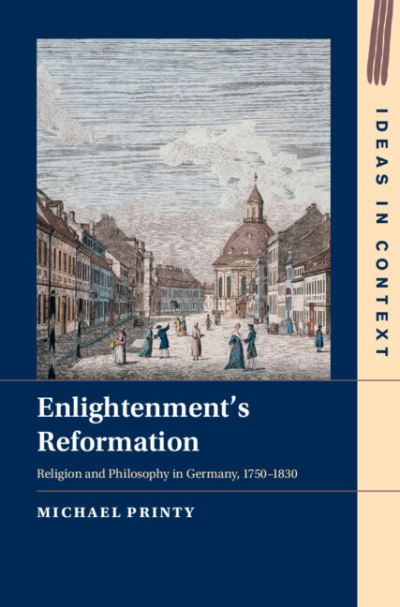
How did we get from the religious core of the sixteenth-century Reformation to the notions of freedom popularised by Hegel and Ranke? Enlightenment's Reformation explores how two key cultural and intellectual achievements - the sixteenth-century Reformation and the late eighteenth-century birth of 'German' philosophy - became fused in public discussion over the course of the 'long' eighteenth century. Michael Printy argues that Protestant theologians and intellectuals recast the meaning of Protestantism as part of a wide-ranging cultural apology aimed at the twin threats of unbelief and deism on the one hand, and against Pietism and a nascent evangelical awakening on the other. The reimagining of the Reformation into a narrative of progress was powerful, becoming part of mainstream German intellectual culture in the early decades of the nineteenth century. Utilising Reformation history, Enlightenment history, and German philosophy, this book explores how the rich if unstable idea linking Protestantism and modern freedom came to dominate German intellectual culture until the First World War.
| ISBN: | 9781009494069 |
| Publication date: | 30th November 2024 |
| Author: | Michael ONeill Printy |
| Publisher: | Cambridge University Press |
| Format: | Hardback |
| Pagination: | 284 pages |
| Series: | Ideas in Context |
| Genres: |
Western philosophy: Enlightenment History of ideas Philosophy: epistemology and theory of knowledge History of religion European history |